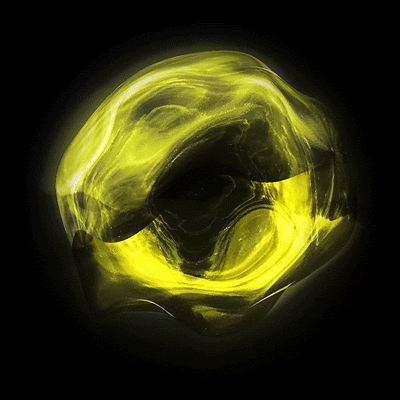
Recently, we’ve noticed the calls for a “creative renaissance” in advertising have been getting louder and louder on LinkedIn – as industry leaders express a longing to bring back the big ideas and bold campaigns that once defined our craft.
And let’s face it, given the current state of the world, who wouldn’t welcome a renaissance of any kind right now?
Those clamouring for a renaissance cite creativity’s devaluation at the hands of efficiency metrics and performance dashboards, leaving a homogenised media landscape in which the vast majority of work looks, feels, and performs pretty much the same.
But the problem with the renaissance analogy is that it is, by definition, nostalgic.
A renaissance looks backwards, seeking to revive what once was. It assumes that the solutions to today’s problems lie in recreating the glories of the past. The world is now very different to what it was in advertising’s so-called golden era. So, to pin our hopes on some kind of romanticised revival risks ignoring the deeper issues we face as an industry.
We don’t need a renaissance. We need an enlightenment.
While the Renaissance was a period of cultural flourishing, it was also one bounded by dogma. Artists and thinkers were still constrained by the doctrines of the Church. So, even though creativity thrived, it always did so under orthodoxy’s shadow.
Our industry today has its own form of orthodoxy: best practices.
We treat them like sacred texts. Effectiveness codes, media frameworks, targeting models – all taught and enforced as though they’re immutable truths. These rules provide a comforting sense of certainty in an uncertain marketplace. But they’re all retrospective. They’re based on what has worked before, not necessarily what will work now. And as soon as everyone starts following them, they cease to differentiate. When every brand is optimising to the same playbook, sameness becomes inevitable.
If best practices are one kind of orthodoxy, slavish trend-following is another. For the past two decades, our industry has jumped from one hot trend to the next – whether it’s gamification, NFTs, purpose-washing, the metaverse (remember that one?), or generative AI. Each arrives with a fanfare, is immediately declared the future of marketing, and is then copied en masse by brands desperate to not be left behind.
This is strikingly similar to Renaissance artists repeating religious motifs. In both cases, originality is sacrificed in the name of legitimacy. In advertising, what’s often celebrated as “innovation” is really just conformity in new clothing – a carousel of fads masquerading as progress.
True innovation doesn’t come from following trends. It comes from asking philosophical questions like what role should this brand play in people’s lives? What problem are we actually solving? What contribution can this campaign make to culture, not just next quarter’s figures?
Trend-following may generate headlines and win awards, but it rarely creates lasting value. Real innovation is harder to come by and often makes people feel uncomfortable – precisely because it doesn’t look like what everyone else is already doing.
The Enlightenment wasn’t a revival. It was a cultural and intellectual revolution. It was the turning point when thinkers stopped deferring to dogma – religious or otherwise – and began interrogating authority. It was about reason, questioning, and having the courage to rebuild knowledge itself on entirely new foundations.
Advertising’s enlightenment needs an equivalent paradigm shift: away from cosmetic novelty and toward a deeper redefinition of what innovation truly means.
Instead of confusing fashion with foresight and celebrating complexity, we should spend less time looking at what everyone else is doing and embrace simplicity as the highest form of intelligence.
The industry used to be full of very smart people doing very simple things very well. Today, it feels more like it’s full of people who think they’re smart, doing very convoluted things, often very badly. An enlightenment would strip away that false complexity and return us to the clarity and simplicity of good, old-fashioned problem-solving, but with a more philosophical approach.
An enlightened advertising industry would be:
- Philosophically grounded, with clear principles about the value of attention, the ethics of influence, and the role brands play in culture.
- Problem-oriented, starting not with media slots to fill or trends to mimic, but with genuine human and business challenges.
- Committed to simplicity, valuing ideas that are disarmingly clear and powerful enough to travel across channels and cultures.
- Interdisciplinary, drawing on creativity, behavioural science, strategy, and technology, not to build layers of noise but to strip ideas back to their essence.
A renaissance would give us more colour, craft, and art. But it would still paint within the same cathedral walls, bound by the same dogma – whether that’s best practices or the latest marketing trends.
An enlightenment would question why the walls exist in the first place, what purpose the building serves, and whether it needs to be knocked down and rebuilt altogether.
As advertisers, if we’re serious about reclaiming our relevance and value, we should move past nostalgia.
We should stop worshipping best practices as immutable truths and conflating trend-chasing with innovation. And then we should start thinking more philosophically about what advertising is actually for, what problems it should solve, how it can serve culture and people, and better grow businesses.
Because what this industry really needs isn’t just more creativity or novelty. It’s clarity, courage, and a new enlightenment.







